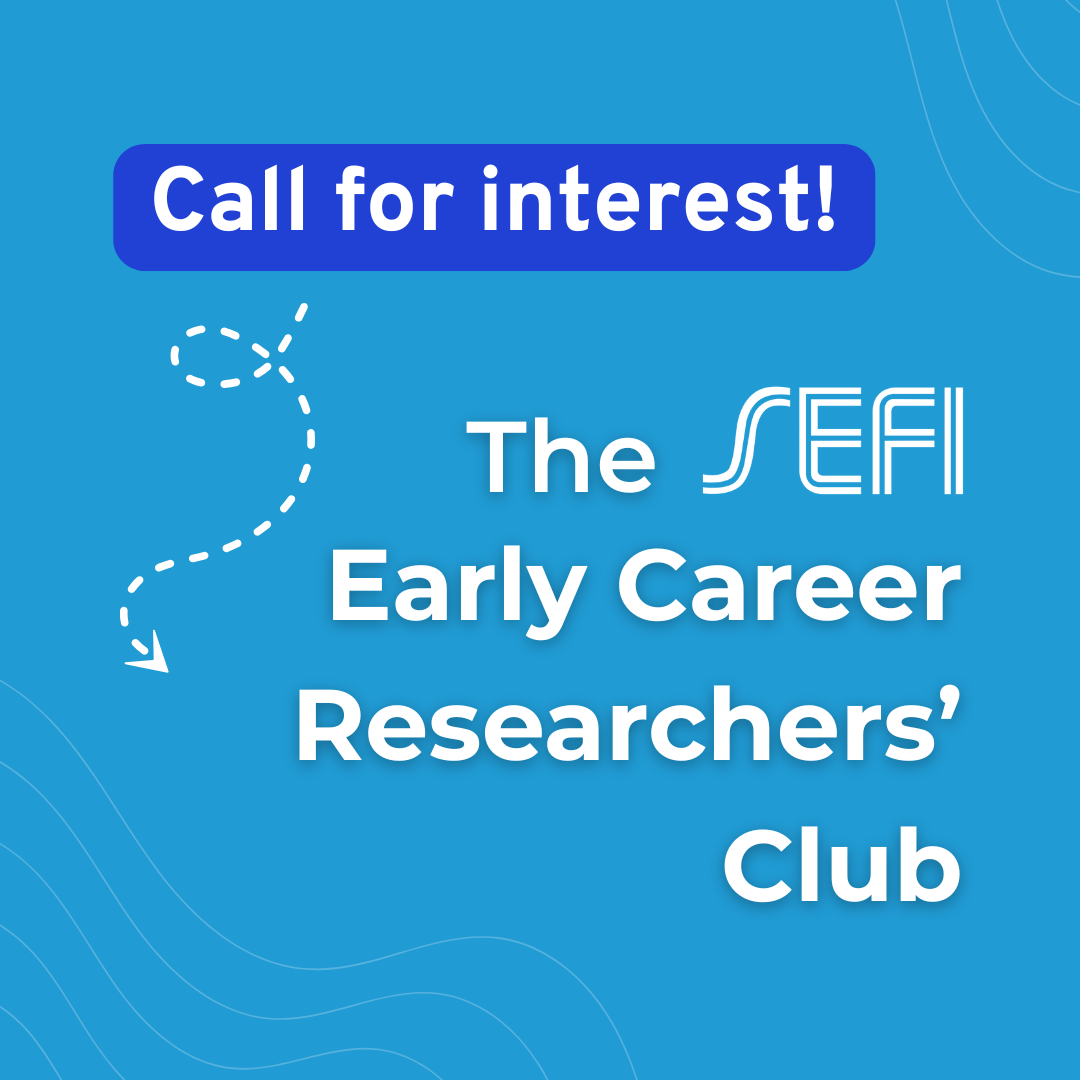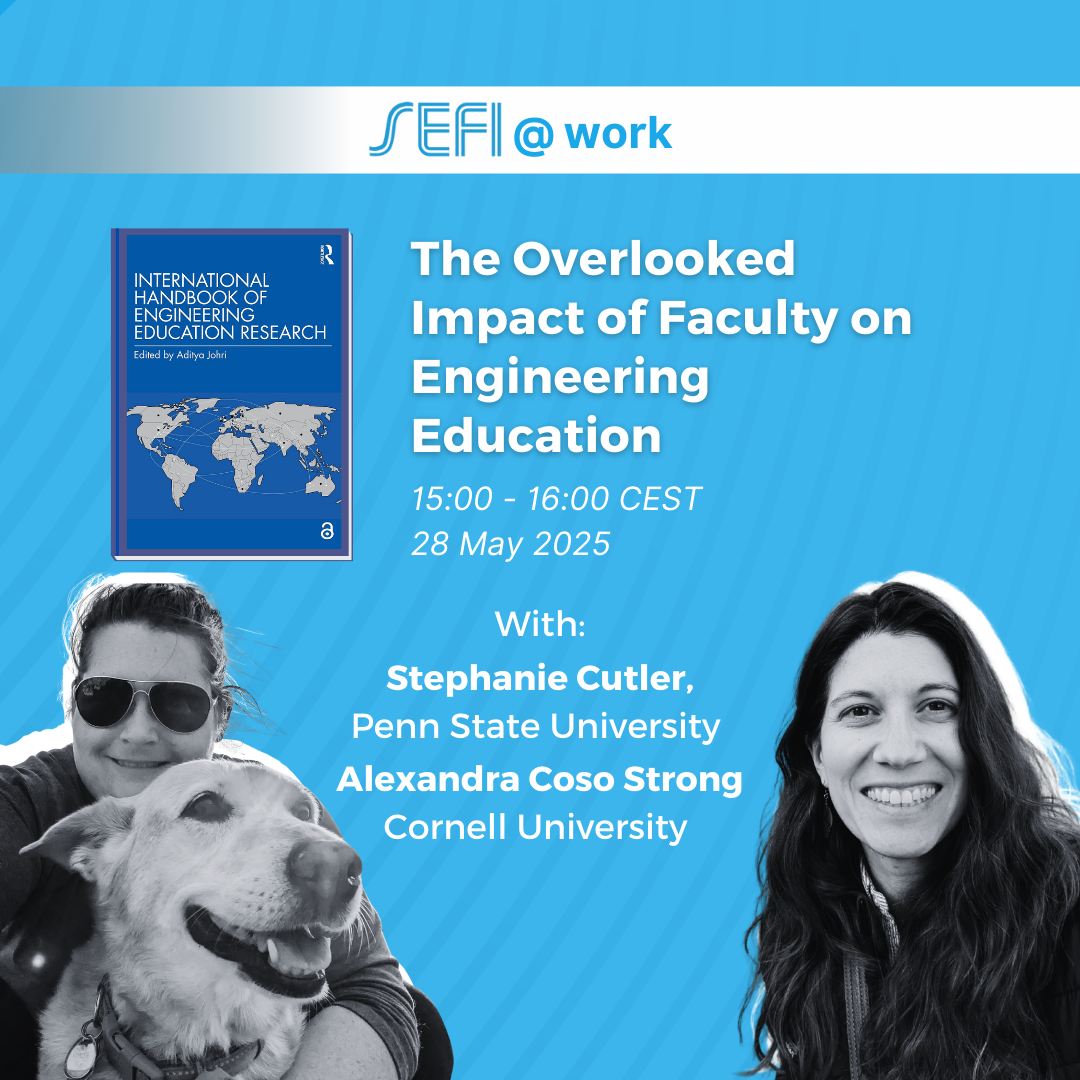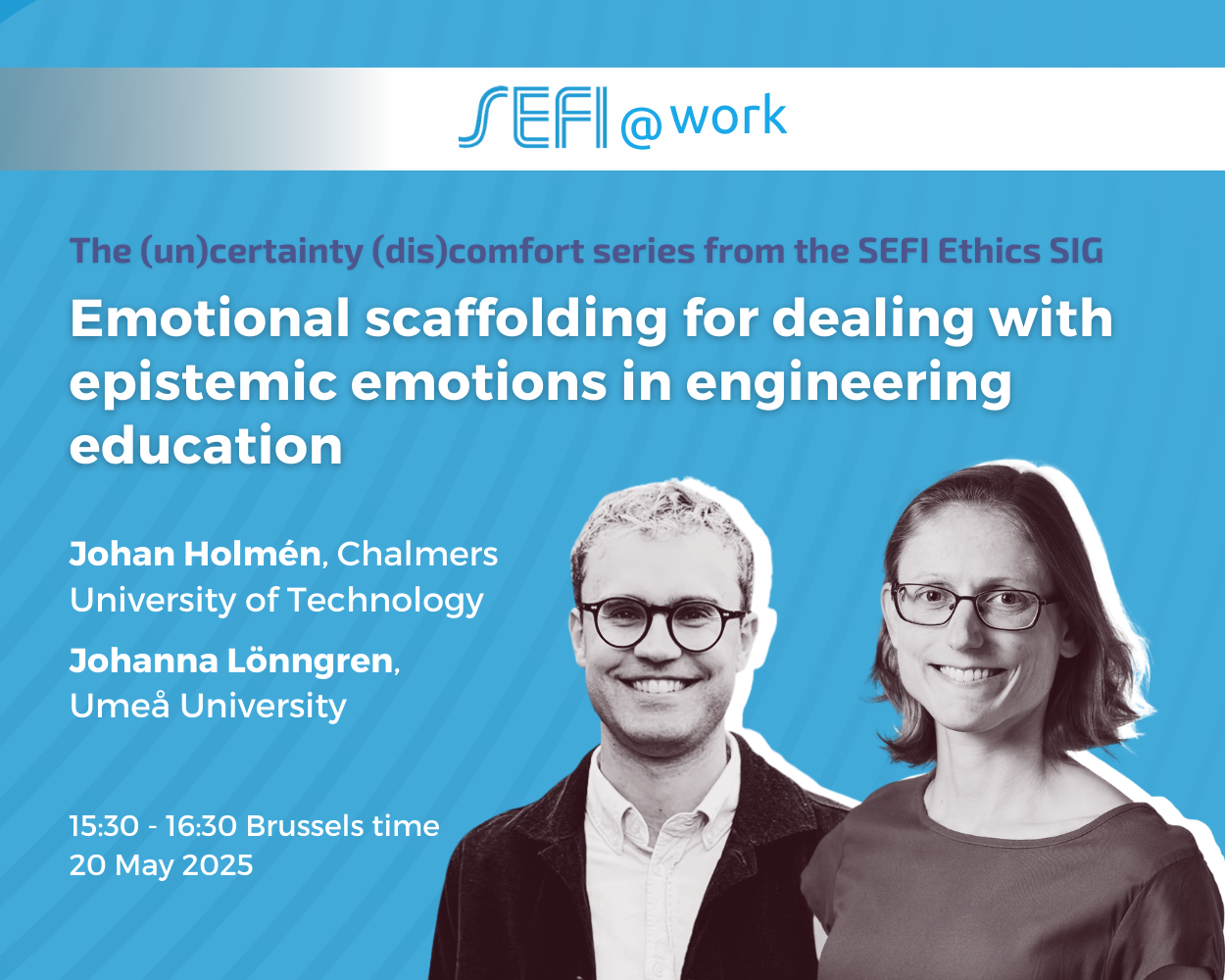UPDATE: We sincerely thank all participants for their interest in the 2025/26 intake. The survey…
Engineers will face ethical questions in their professional careers. Engineering degree programmes should have prepared the graduates for moral decision making. Engineering ethics should thus have been part of the education of engineers at the universities. In some countries, it is, and in others not. European and national organisations of engineers recommend engineering ethics to become a mandatory subject of instruction. Only in a few countries like Ireland and the UK are ethical issues constitutive to engineering programmes, and their delivery is monitored in the accreditation of degree programmes. The EUR-ACE Framework Standards and Guidelines for accreditation of engineering programmes in the European Higher Education Area are vague and simply demand that engineers should be able to reflect on ethical issues.
However, engineering programmes at European institutions of higher education not always offer educational components devoted to engineering ethics. Although it would be more than desirable that engineering ethics become a mandatory subject in engineering education, the de facto situation in most European countries does not allow to change the curricula appropriately in the immediate future.
Graduates from engineering degree courses are left alone with ethical questions unless they start studying literature on ethics on their own. Here, however, they might be lost in an abundant amount of literature on ethics that is neither meant for them, nor would be of much use for them due to the philosophical jargon.
In this situation, SEFI aims to develop an Ethics Reader. Until now, only ideas for such a reader are around. The SEFI Ethics Reader might consist of e. g. 12 philosophical core texts on ethics, augmented by comments and examples on the chosen texts. The core texts themselves should not exceed 12 pages each, and also the comments and the examples should not be longer. It would be essential that the comments and the examples are written by engineers for engineers in the language of engineers.
To get together, a first Zoom meeting for interested colleagues is intended for mid of November. To find a meeting date, a Foodle has been set up. If interested, please visit the Foodle and indicate your availability: https://terminplaner4.dfn.de/BX7Tj7QviI99oaxR
–
Manfred J. Hampe (TU Darmstadt, Germany and co-chair of the Ethics SIG, manfred.hampe@tu-darmstadt.de)


